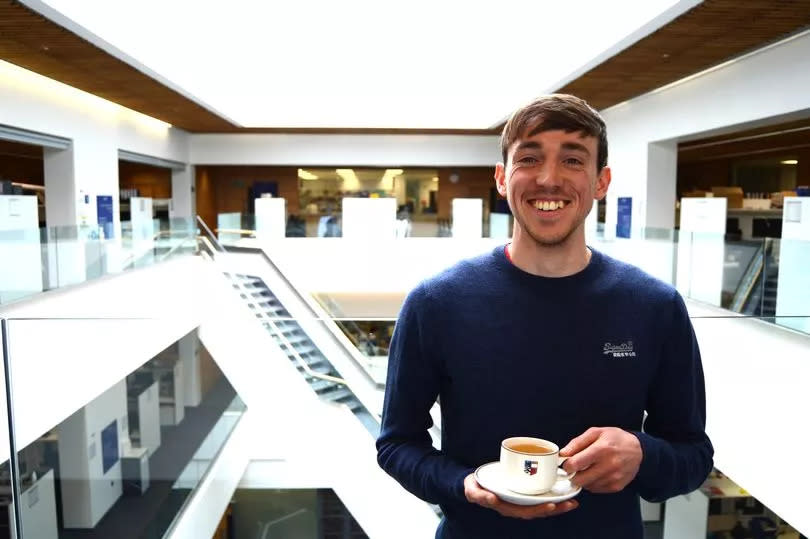Tea lovers sought for new research into the ways a brew affects people

Researchers seeking answers about why drinking tea affects people in different ways are on the hunt for volunteers to help with a major scientific study.
Attention span, mood and sleep patterns are among the impacts being put under the microscope at Aberdeen’s Rowett Institute of Nutrition and Health.
They are hoping hot drink fans will come forward to be part of a 12-week experiment that will help them understand more about how it stimulates us.
READ MORE: Aberdeenshire Reform candidate under fire for controversial Royal family comments
READ MORE: Rev Kenneth MacKenzie honoured by King for comforting Queen in her final days at Balmoral
People who are partial to a cup of green tea are particularly encouraged to get in touch.
Taking part involves drinking a series of peppermint-flavoured green teas and completing a set of questionnaires and tasks that take 5-6 minutes in total, three times a day for 12 weeks.
The tea is supplied but you would have to give up your usual intake of other tea, coffee, energy drinks and other caffeinated soft drinks for the duration.
Leading the Reactivi-Tea study – which is run by the Rowett’s Human Intervention Studies Unit at Aberdeen University – is PhD student Edward Payne.
He said: “The aim of this study is to understand how drinking black tea or green tea affects your attention, mood, and sleep. We also would like to monitor lifestyle factors unique to you, such as work routine or exercise, that might influence your response to drinking tea.
“By taking frequent measurements we will be able to identify how people respond to drinking tea in different ways, despite consuming the same products. The results from this study will hopefully help us to understand whether people do or don’t benefit from drinking tea.”
Anyone who is interested in taking part can contact Edward directly at e.payne.22@abdn.ac.uk or via the Rowett Institute website, which has full details about taking part in this and other trials run by the Rowett’s Human Intervention Studies Unit (HISU).

 Yahoo News
Yahoo News 
